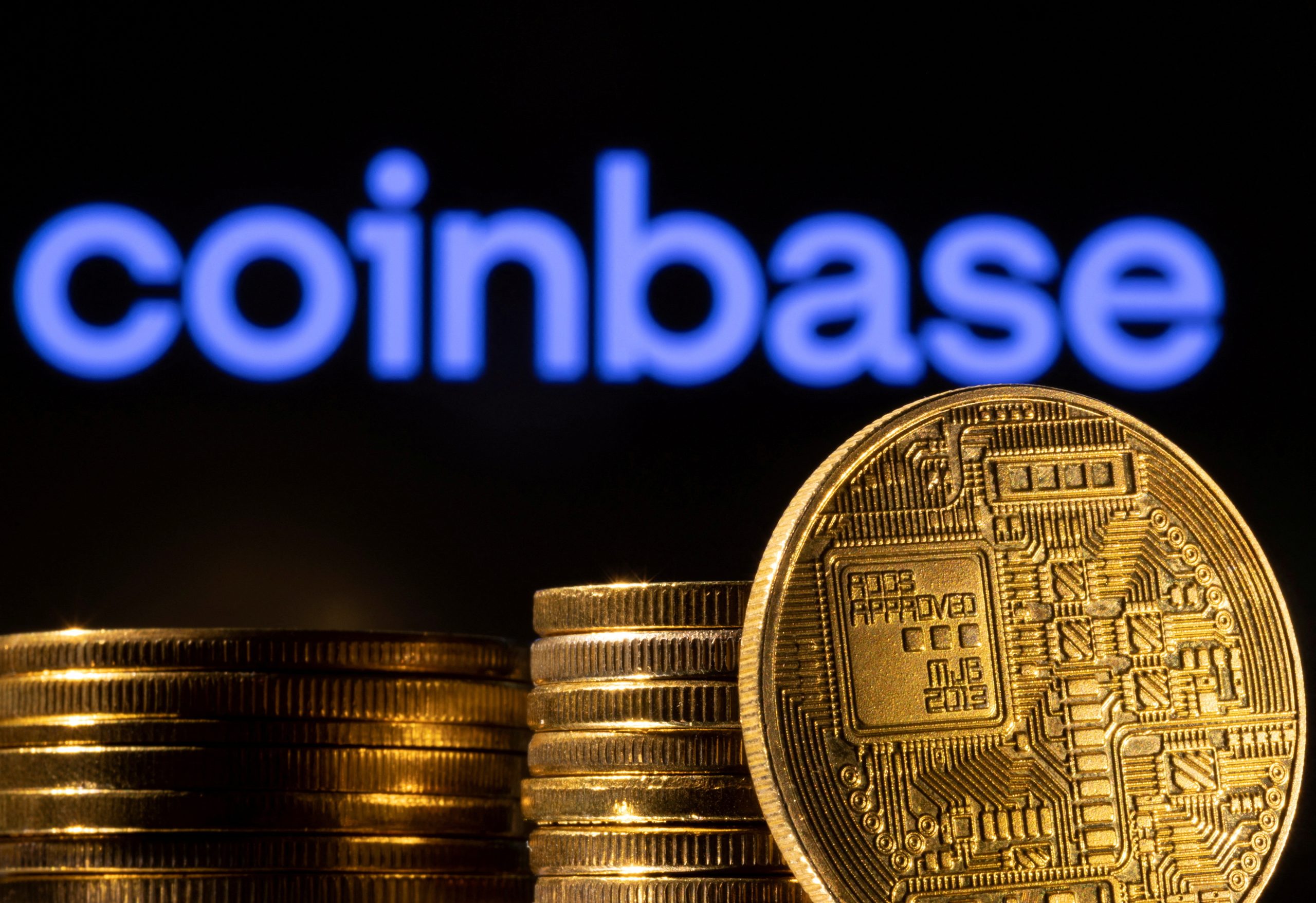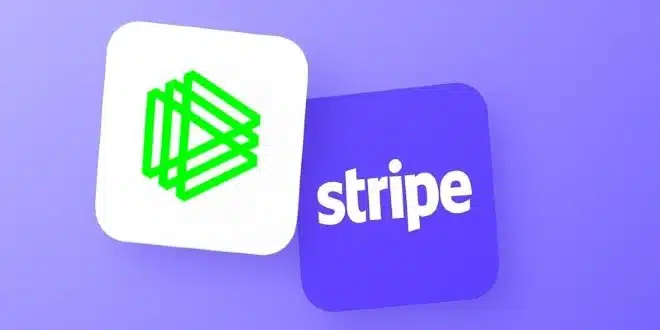-
Coinbase is acquiring a minority stake in Circle Internet Financial.
-
Their Centre Consortium, which governed the USDC stablecoin, is being dissolved and Circle is bringing the stablecoin fully in-house.
-
Six new blockchains will integrate with USDC, taking the total to 15. Though not identified, Polkadot, Near, Optimism and Cosmos are chains Circle has said it planned to add in 2023.
Cryptocurrency exchange Coinbase (COIN) is getting a minority stake in Circle Internet Financial and the companies are dissolving their Centre Consortium partnership that had issued USD Coin (USDC), the world’s second-largest stablecoin.
As part of the move, Circle will bring issuance and governance of USDC fully in-house.
Also, six more blockchains will gain native support for USDC, which is pegged to $1, bringing the total number of supported blockchains to 15.
Coinbase and Circle, in a blog post and interviews with CoinDesk, didn’t disclose how big a stake Coinbase got. Coinbase did not give Circle cash for the stake, according to a person familiar with the matter.
Coinbase and Circle did not identify the six additional blockchains. (Back in September, Circle said it planned to add Polkadot, Near, Optimism and Cosmos in 2023. Subsequent to that, Coinbase started its own blockchain called Base.)
There have been recent tectonic shifts in the world of dollar-pegged stablecoins. Most recently, fintech giant PayPal took a step to shake up the dominance of Tether’s USDT and USDC by introducing its own PYUSD token, in association with Paxos; PayPal could prove a worthy adversary given its deep ties in payments and remittances.
From Coinbase’s perspective, the future of USDC stretches far beyond crypto trading, into areas like foreign exchange, transfers of funds across borders and financial inclusion, according to Phil McDonnell, senior director of product management at Coinbase. But he played down any competition with PayPal.
“I really do believe PayPal grows the pie for us,” McDonnell said in an interview with CoinDesk. “Crypto is so small today compared to the overall financial world. And, so, getting a lot of people in, whether they come through the PayPal door, or some other door, a lot of them eventually will find their way to other things in crypto, including us at Coinbase.”
Regulation of stablecoins remains in its early evolutionary stages, but there are squibs of clarity emerging, said Circle Chief Strategy Officer and Head of Global Policy Dante Disparte. He pointed to the Clarity for Payment Stablecoins Act of 2023, which has won bipartisan support on a key committee in the U.S. House of Representatives. Disparte also pointed out that Circle recently earned a Major Payment Institution License in Singapore.
“Not only are we at a point where we can retire the Centre Consortium, but doing so makes patent sense because of clarity in the marketplace around regulating stablecoins,” Disparte said in an interview with CoinDesk. “Major companies like PayPal are entering the game and there’s sufficient clarity to abandon what was, for lack of a better term, a stablecoin self-regulatory organization structure.”
BlackRock, Fidelity
Circle also sold stakes last year, raising $400 million from a group including asset managers BlackRock and Fidelity Investments – which have both recently made a splash by attempting to issue spot bitcoin ETFs.
Circle announced last month it was cutting some of its workforce in order to maintain a strong balance sheet and focusing on core business activities.
“Coinbase and Circle will continue to generate revenue from USDC reserves interest income,” according to the blog post. “Under the parties’ new arrangement, this revenue will continue to be shared based on the amount of USDC held on each of our platforms, and additionally we will now equally share in interest income generated from the broader distribution and usage of USDC.”



